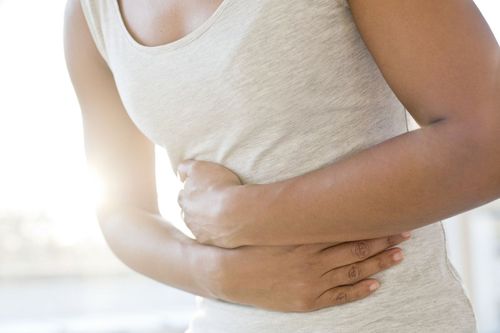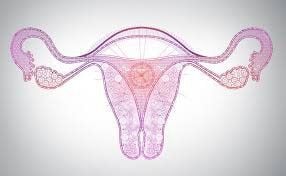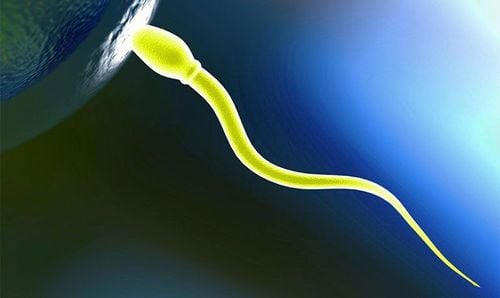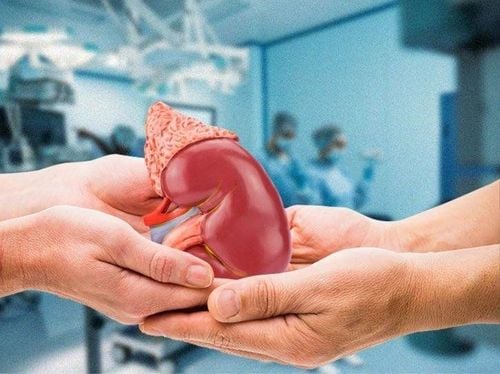Lower abdominal pain often occurs after sexual intercourse. The pain may range from sharp and sudden to brief or dull and lingering. Regardless of its intensity, this discomfort can affect sexual pleasure and the quality of intercourse. Moreover, it may serve as a warning sign of certain serious medical conditions.
1. Causes of lower abdominal pain after sexual intercourse in women
Lower abdominal pain can manifest as a dull, persistent ache, intermittent cramping, or pain occurring after sexual intercourse. The cause may be psychological stress or anxiety, uterine contractions, or strong stimulation during sex. However, a significant portion of lower abdominal pain after intercourse is related to gynecological conditions. There are many potential causes for this type of pain, including:
1.1 Improper or rough sexual intercourse
Couples who rush into sex without foreplay, engage too forcefully, or use incorrect positions may place sudden and intense pressure on areas such as the abdominal muscles, uterine walls, rectum, and bladder. During intercourse, neither partner may notice this issue, but afterward, dull, prolonged pain or even sharp, uncomfortable pain in the lower abdomen may develop.
1.2 Prolonged sexual intercourse
When a woman has reached orgasm but the man is unable to ejaculate and continues to try, both partners may struggle to reach climax. In these situations, men may perform intense movements, leading to tension and discomfort, which can cause lower abdominal pain for both, especially for women.
Extended intercourse can also result in pelvic congestion, which is a common cause of lower abdominal pain in women after prolonged sexual activity.
1.3 Sexual intercourse during pregnancy
Lower abdominal pain after intercourse in pregnant women is common during the first or third trimester due to uterine contractions. However, if intercourse is not performed in the correct position or is not done gently, there is a high risk of premature labor. This is why doctors recommend avoiding sexual activity during the first and third trimesters of pregnancy.

1.4 Lower Abdominal Pain Due to Medical Conditions
Medical conditions causing lower abdominal pain after intercourse include:
Adnexitis (Inflammation of the Adnexa): Adnexitis can result from poor hygiene, unsafe sexual practices, miscarriage, abortion, or the use of intrauterine devices. Common symptoms include cramping lower abdominal pain after intercourse, which may be sharp or dull. The pain may radiate to the groin and thighs, accompanied by abnormal discharge, which may be greenish-yellow in color and have an unpleasant odor. In severe cases, it may lead to high fever, urinary urgency, and back pain.
Uterine Fibroids: Uterine Fibroids are benign tumors commonly found in women aged 30 to 40. If the tumor is small, does not interfere with fertility, and does not cause menstrual disturbances, it may only require monitoring. Common symptoms include a feeling of pain or pressure in the pelvic area, especially during or after intercourse, often accompanied by abnormal heavy bleeding or prolonged menstrual periods.
Ovarian Cysts: Ovarian cysts are abnormal growths that occur in the ovaries, commonly affecting women during their reproductive years. Symptoms often include abdominal and pelvic pain after intercourse or heavy physical activity, menstrual irregularities with frequent abnormal changes in the menstrual cycle, and an increase in vaginal discharge.
Endometriosis: Endometriosis is characterized by pain during or after intercourse, pelvic pain during menstruation, and pain during bowel movements or urination during menstruation. It is also associated with prolonged periods, lower back pain, and abdominal discomfort.
2. Causes of lower abdominal pain after sexual intercourse in men
2.1. Epididymitis:
Epididymitis is an infection of the epididymis, causing pain during ejaculation or after intercourse. The pain typically occurs in the lower abdomen or pelvic area, often accompanied by pain on one side of the testicle, swelling, redness and warmth of the scrotum, warmth, and worsening pain during urination. There may also be a lump on the testicle, discharge or pus from the penis, and fever.
2.2. Testicular Cancer is a serious condition that commonly occurs in men between the ages of 15 and 35. It can be cured if detected and treated early.
Symptoms: The lower abdomen or scrotum may experience dull, aching pain, sometimes with a feeling of tightness, especially after intercourse. The scrotum may show lumps or swelling, accompanied by pain, heaviness, and discomfort in the scrotal area.
2.3. Urinary tract infection (UTI)
Urinary tract infection (UTI) is a condition that affects the urinary system.
Symptoms: Pain in the lower abdomen, a burning sensation in the lower abdomen, and pain in the lower back, especially after intercourse. Other symptoms may include frequent urination, painful urination, urgency, strong-smelling urine, and sometimes blood in the urine, along with high fever.
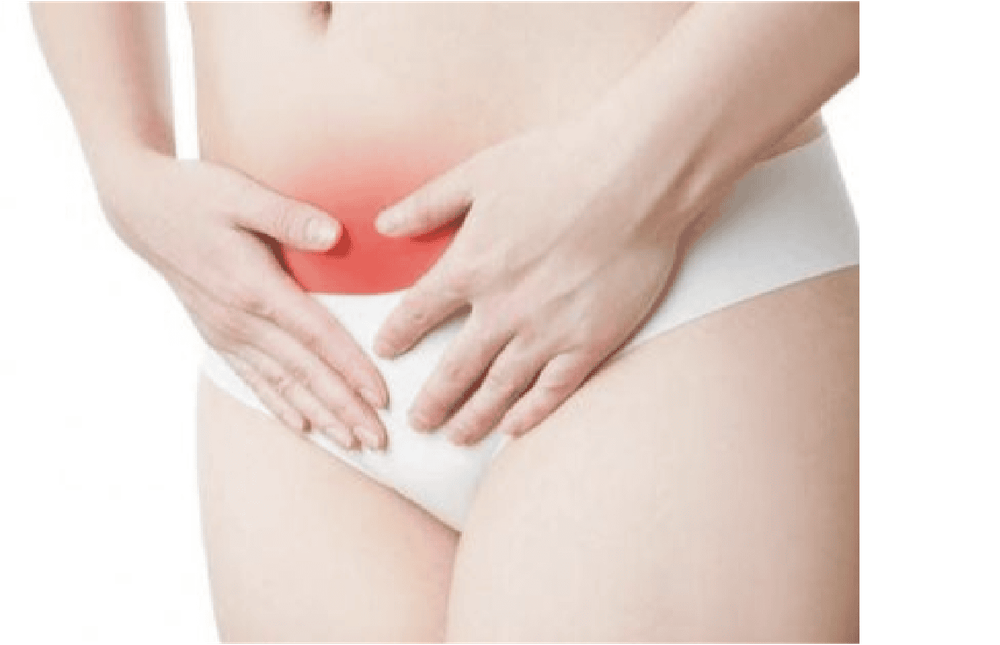
3. Preventing lower abdominal pain after sexual intercourse
- Engage in sexual intercourse in proper positions, choose the most comfortable positions, avoid rough or rushed activity, and refrain from having intercourse multiple times in a short period.
- Relax your body, reduce stress, focus on the emotions of both partners, and clear your mind of any distractions.
- Cleanse the genital area with clean water and a mild feminine hygiene wash daily. Pay special attention to hygiene before and after intercourse, as well as during menstruation, to prevent infections.
- If you experience any unusual symptoms, it is advisable to visit a reputable healthcare facility for a check-up and treatment. Tests should be done to determine if there are any underlying medical conditions. If so, it is necessary to treat the condition fully before resuming sexual activity.
When registering for the Basic Gynecological Screening and Examination Package, customers will receive:
- Specialist gynecological examination
- Transvaginal ultrasound of the uterus and ovaries
- Bilateral breast ultrasound
- Tests including: Rapid Treponema pallidum test, rapid Chlamydia test, collection of specimens for cervical-vaginal cytology smear, bacterial smear microscopy (vaginal discharge), HPV genotype PCR on an automated system, urinalysis using an automated machine.
To arrange an appointment, please call HOTLINE or make your reservation directly HERE. You may also download the MyVinmec app to schedule appointments faster and manage your reservations more conveniently.




